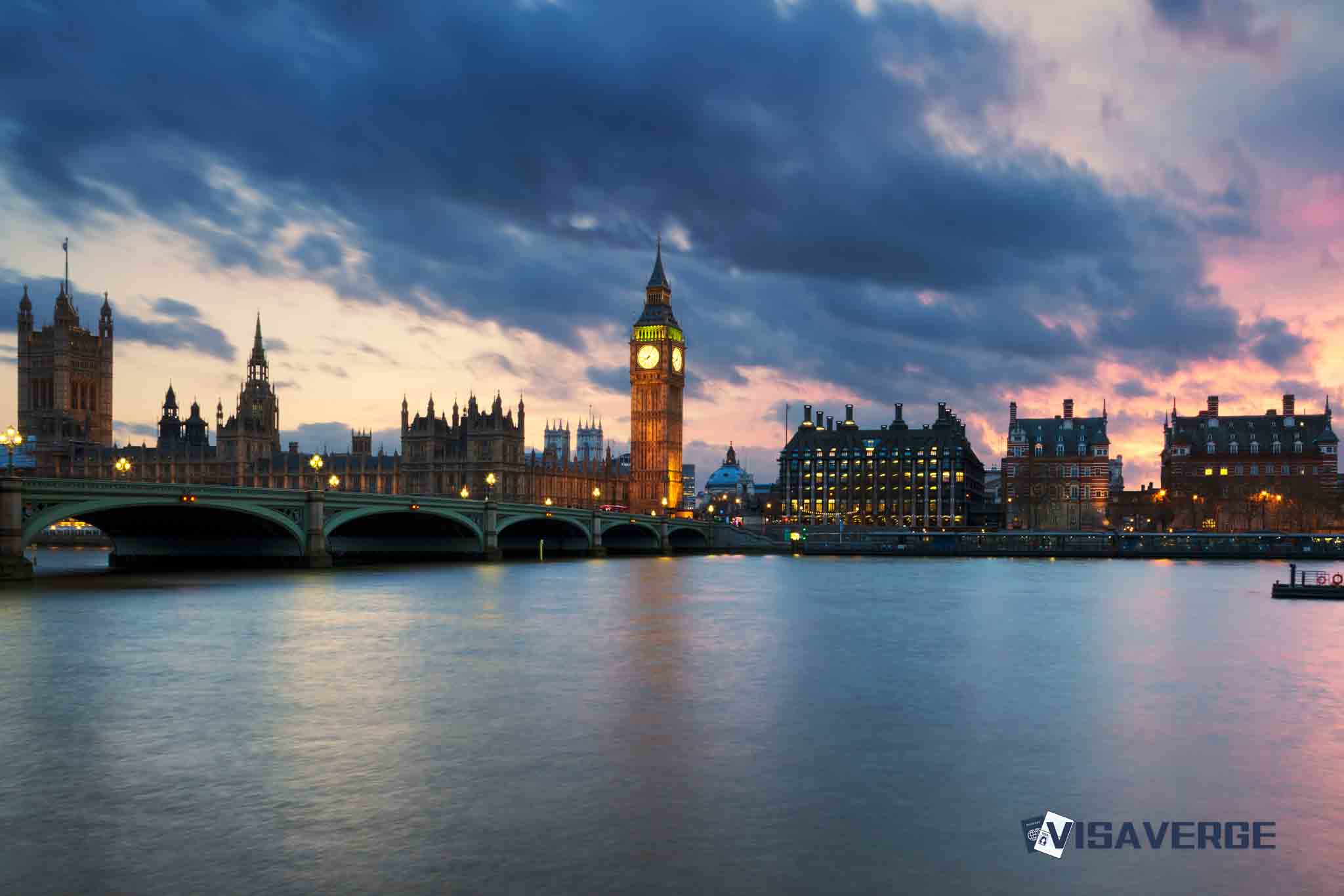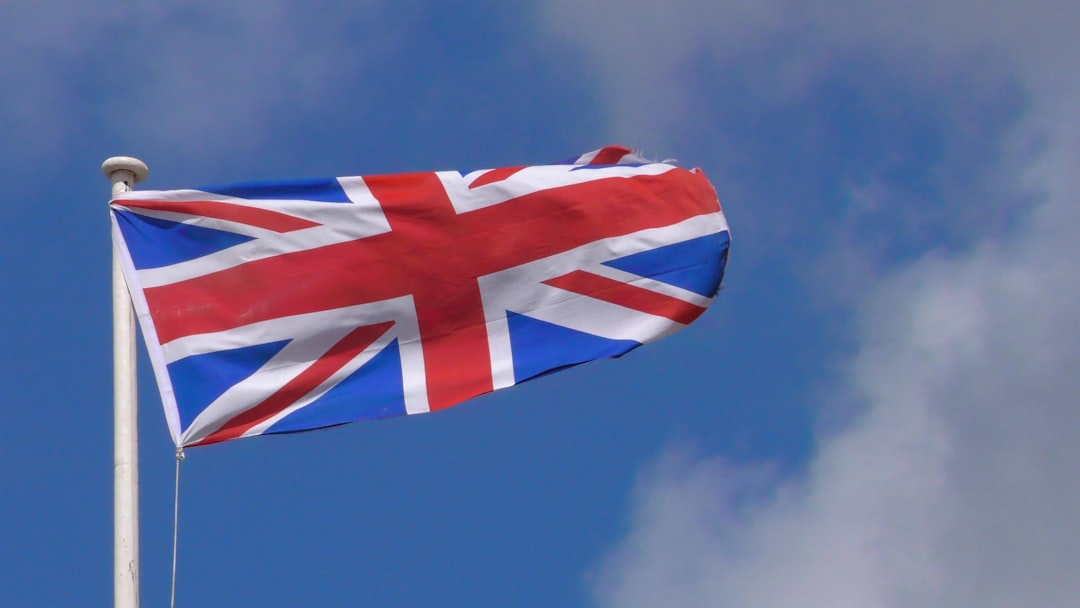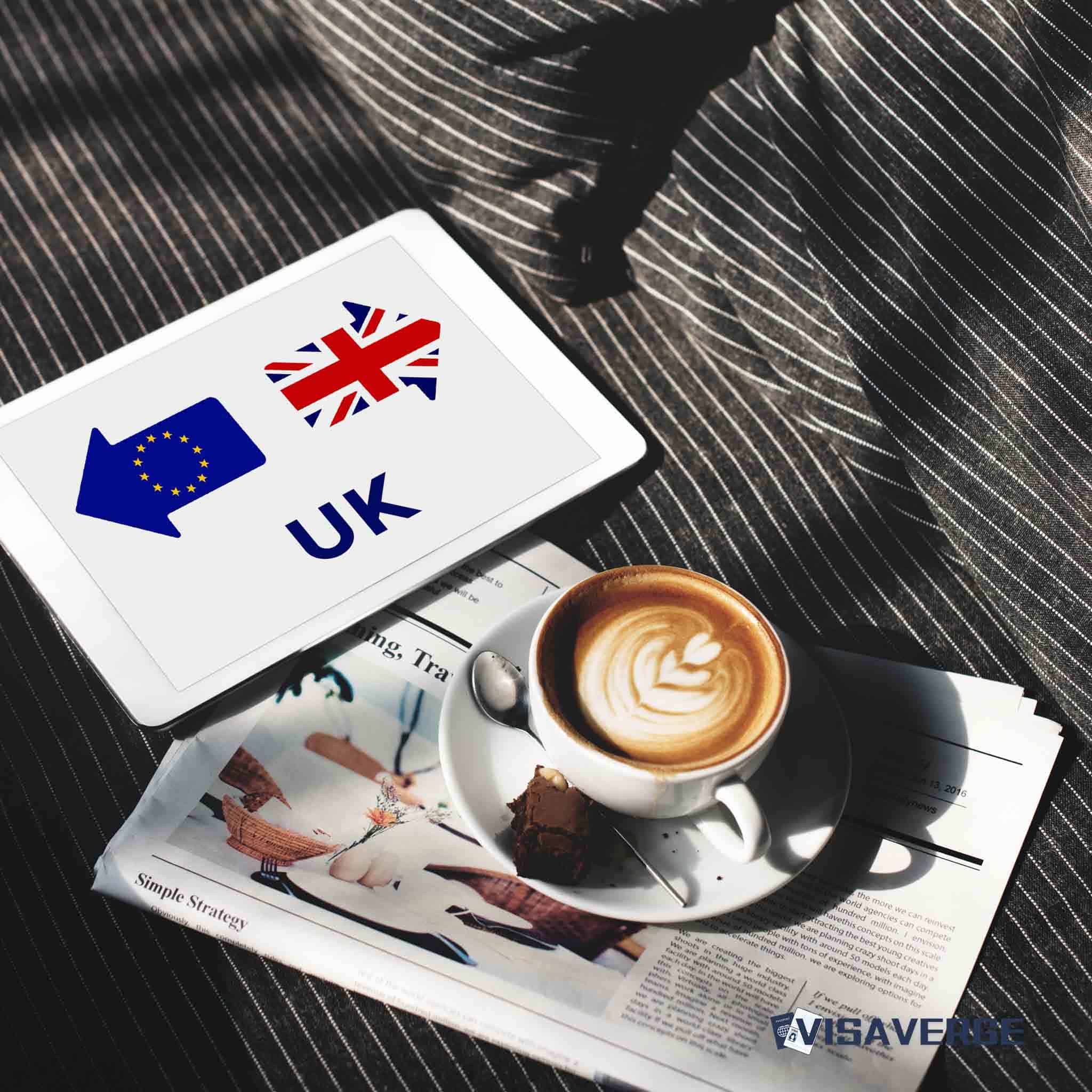Accessing Emergency Services in UK for EU Citizens
If you’re an EU national visiting or residing in the United Kingdom, understanding your rights to healthcare, especially in emergencies, is crucial. In light of the many changes brought about by Brexit, there are questions that need clear answers. A common query surfacing among EU travelers and residents is: Can I still access emergency services in the UK without charge?
Understanding Healthcare Entitlement for EU Nationals in the UK
Healthcare systems often vary from country to country, and it is imperative for EU nationals to know where they stand in terms of accessing emergency services when in the UK. The National Health Service (NHS) is the umbrella under which UK healthcare services fall, and while it’s renowned for providing free healthcare at the point of delivery to residents, the regulations can be different for visitors or non-permanent residents.
Emergency Services: Are They Still Free for EU Nationals?
In most cases, free emergency healthcare for EU nationals in the UK is indeed a reality. Emergency care at NHS hospitals remains free for all, regardless of the person’s residency status. This means that EU citizens can receive immediate necessary care, including accident and emergency services, without facing any charges.
However, it is important to note that some services outside the emergency department may not be covered. After being stabilized in an emergency room, further treatment or specialist care might incur charges unless you are covered by health insurance or a reciprocal healthcare agreement.
Reciprocal Healthcare Agreements Post-Brexit
The UK has healthcare agreements in place with some countries, meaning that citizens from these countries can access NHS services without incurring costs. Even post-Brexit, the UK has continued to participate in the European Health Insurance Card (EHIC) scheme and introduced the new UK Global Health Insurance Card (GHIC) for UK residents traveling to the EU. EU nationals should ensure they have an EHIC or the new successor, the EHIC, to access healthcare services during their stay.
While the EHIC or the new GHIC covers chronic or existing illnesses, routine maternity care, and emergency care, it is not a substitute for comprehensive travel insurance. It is, therefore, advisable to have both an EHIC or the new GHIC and travel insurance to cover all eventualities.
Steps to Access Emergency Services in the UK
If you’re an EU national and find yourself in need of emergency medical assistance in the UK, follow these steps:
- Call emergency services by dialing 999 or 112 free from any phone.
- Visit the nearest hospital with an Accident & Emergency department.
- Present your EHIC or GHIC if you have one.
- If your situation is not deemed an emergency, seek guidance at local general practitioner (GP) surgeries or urgent care centers.
Remember that while the emergency services are free, non-emergency services at the NHS may come at a cost unless you are exempt.
Ensuring Seamless Healthcare During Your UK Stay
Planning is key to ensuring you have a smooth experience with the healthcare system in the UK. Always travel with appropriate health coverage such as EHIC or the new GHIC, and research the specific healthcare entitlements for your country’s agreement with the UK. For peace of mind, supplement these with travel insurance that covers health emergencies.
For the most current advice and guidelines, EU nationals should always consult the official NHS website or their own country’s health department resources before traveling.
Conclusion
In conclusion, EU nationals emergency services UK access remains largely unchanged post-Brexit for emergency treatments. It is always best to be prepared with the right documentation such as an EHIC or GHIC, and additional travel insurance to ensure comprehensive coverage during your visit to the UK.
Understand your rights, the necessary documentation, and the procedures in place to help you access the care you need without incurring unexpected costs. Always check for the latest updates, as healthcare policies may evolve with ongoing post-Brexit negotiations and changes in international agreements.
Expert Insights
Did You Know?
- Immigration has been a key contributor to the United Kingdom’s population growth over the years. In fact, between 1997 and 2020, approximately 8.8 million immigrants arrived in the UK, accounting for more than half of the country’s population growth during that period.
- The United Kingdom is known for its diverse immigrant communities. According to the Office for National Statistics, as of 2020, the top five countries of birth for foreign-born residents in the UK are India, Poland, Pakistan, Romania, and Bangladesh.
-
Contrary to popular belief, immigrants contribute positively to the UK’s economy. According to a report by the Centre for Research and Analysis of Migration, immigrants from the European Economic Area (EEA) have made a significant net positive fiscal contribution to the UK between 2001 and 2016, paying more in taxes than they received in welfare benefits and public services.
-
The UK has a long history of accepting refugees. In the aftermath of World War II, the UK provided refuge to thousands of individuals displaced by the conflict. The arrival of Jewish refugees from Nazi-occupied Europe, commonly known as the Kindertransport, is one notable example of the country’s humanitarian response.
-
The UK is home to one of the world’s oldest refugee communities. The Huguenots, French Protestants who fled religious persecution in the 16th and 17th centuries, migrated to the UK and made significant contributions to the country’s economic and cultural development.
-
The Windrush Generation, named after the ship “Empire Windrush,” refers to individuals from Caribbean countries who were invited to the UK to help rebuild the country after World War II. Despite their significant contributions, many members of the Windrush Generation faced difficulties in proving their immigration status, leading to the Windrush scandal in 2018.
-
The UK has a unique immigration law known as “jus soli.” Under this law, individuals born in the UK are automatically granted British citizenship, regardless of their parents’ nationality or immigration status. This differs from many other countries where citizenship is primarily based on the nationality of one’s parents.
-
The United Kingdom has a rich cultural heritage influenced by immigration. Traditional dishes like curry, fish and chips, and kebabs have become integral parts of British cuisine, reflecting the diverse culinary contributions of immigrant communities.
-
London, the capital of the UK, is known as one of the most multicultural cities in the world. Over 300 languages are spoken in London, making it a vibrant hub of cultural diversity.
-
The UK is a popular destination for international students. According to the Higher Education Statistics Agency, in the 2019/2020 academic year, there were over 485,000 international students studying in the UK, contributing to the country’s educational and cultural exchange.
These lesser-known facts about immigration in the UK showcase the historical, cultural, and economic significance of immigration in shaping the country’s identity and development. Discovering these intriguing details encourages further exploration and understanding of the complex and diverse nature of immigration.
Learn today
Accessing Emergency Services in UK for EU Citizens: Glossary
- EU nationals: Individuals who hold citizenship in any of the member states of the European Union.
- Brexit: The withdrawal of the United Kingdom from the European Union, resulting in changes to various aspects of UK-EU relations.
- Healthcare entitlement: The rights and provisions for accessing healthcare services in a specific country.
- National Health Service (NHS): The publicly funded healthcare system in the United Kingdom that provides medical treatment and services to residents.
- Emergency services: Essential medical services provided in response to sudden or life-threatening situations.
- Residency status: The legal status that indicates a person’s living arrangement in a specific country.
- Charges: Fees or costs incurred for healthcare services.
- Stabilized: The process of achieving a stable condition after receiving emergency medical care.
- Health insurance: Coverage that provides financial protection for medical expenses.
- Reciprocal healthcare agreement: An agreement between two countries that allows their citizens to access healthcare services in each other’s country without incurring additional costs.
- European Health Insurance Card (EHIC): A card that allows individuals from European Economic Area (EEA) countries and Switzerland to access healthcare services while visiting another EEA country.
- UK Global Health Insurance Card (GHIC): The successor to the EHIC, issued to UK residents for accessing healthcare services in the European Union.
- Comprehensive travel insurance: Insurance coverage that includes various aspects of travel, including medical emergencies, trip cancellation, and lost luggage.
- General practitioner (GP): A primary care doctor who provides general medical services to individuals.
- Urgent care centers: Medical facilities that provide immediate treatment for non-life-threatening conditions.
- Exempt: Not subject to charges or fees.
- Seamless healthcare: A smooth and uninterrupted experience in accessing and receiving healthcare services.
- Peace of mind: A sense of assurance and comfort.
- Official NHS website: The official online platform of the National Health Service in the United Kingdom, providing information and resources on healthcare services.
- Post-Brexit: Referring to the period of time after the withdrawal of the United Kingdom from the European Union.
- Documentation: Written proof or evidence in the form of official papers or cards.
- Ongoing: Continuing or in progress.
So there you have it, folks! EU nationals can still access emergency services in the UK without charge, just like before Brexit. Remember to have your EHIC or GHIC handy, and don’t forget to top it off with some travel insurance for that extra peace of mind. If you want more details or other cool tech tidbits, head on over to visaverge.com. Happy travels and stay healthy, my friends! 🚑💪😊
FAQ’s to know:
FAQ 1: Can EU nationals access emergency services in the UK without charge?
Yes, EU nationals can access emergency services in the UK without charge. Emergency care at NHS hospitals, including accident and emergency services, remains free for all individuals, regardless of their residency status.
FAQ 2: Are non-emergency services at the NHS free for EU nationals?
Non-emergency services at the NHS may incur charges for EU nationals unless they are covered by health insurance or a reciprocal healthcare agreement. After being stabilized in an emergency room, further treatment or specialist care might require payment unless the individual has appropriate coverage.
FAQ 3: What should EU nationals do to access emergency services in the UK?
To access emergency services in the UK, EU nationals should follow these steps:
1. Dial 999 or 112 to call emergency services.
2. Visit the nearest hospital with an Accident & Emergency department.
3. Present your EHIC or GHIC (European Health Insurance Card or UK Global Health Insurance Card) to access necessary healthcare services.
4. If the situation is not an emergency, seek guidance at local general practitioner (GP) surgeries or urgent care centers.
It is recommended to have both an EHIC or GHIC and travel insurance to cover all eventualities and ensure seamless healthcare during your stay in the UK.
What did you learn? Answer below to know:
- True or False: EU nationals visiting the UK can access emergency healthcare services free of charge.
- What should EU nationals do if they need emergency medical assistance in the UK?
a) Present their passport at a hospital
b) Call emergency services on 911
c) Dial 999 or 112 and visit the nearest hospital with an Accident & Emergency department
d) Visit a local general practitioner surgery or urgent care center - What documentation should EU nationals have to ensure seamless access to emergency healthcare in the UK?
a) European Health Insurance Card (EHIC) or Global Health Insurance Card (GHIC) and travel insurance
b) Passport and travel insurance
c) National Health Service (NHS) registration card and EHIC
d) EHIC or GHIC only








